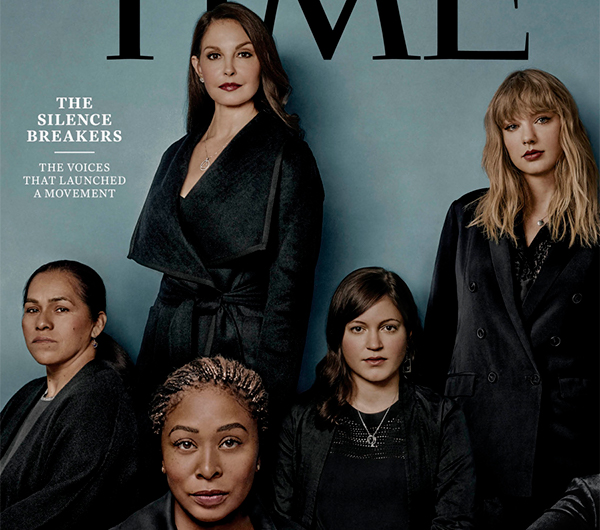
The sexual harassment of women has made its way onto the global agenda. The growing alarm sounded by victims of the famous and not so famous in the US looks set to spread to other countries, and could start to have geopolitical ramifications. One such was the defeat of the Republican judge and alleged abuser, Roy Moore, in the senatorial election in Alabama, a state traditionally dominated by the party of Donald Trump. The victory of the Democrat Doug Jones –who succeeded not only in mobilising the African American vote but also the prosperous white vote, especially women– reduces the Republican majority in the Senate to one seat (plus the Vice President), making the legislative outlook of the Republicans and the Trump Administration more arduous. It raises the prospect that they will lose control of the upper chamber of Congress in November 2018 in the mid-term elections. This could render many of Trump’s initiatives unviable (a fate that befell Obama and Clinton in their day), although he would still wield not inconsiderable executive power.
The President himself is also singled out by women accusing him of harassment in the past, although he rejects this as a ‘Democrat conspiracy’. All this could affect the Administration’s international agenda and certainly cause it to lose impetus. It represents the first defeat of the brand of populism Trump has introduced into the White House, although his re-election cannot yet be ruled out; almost as likely is a possible impeachment, for reasons that have more to do with relations with Russia in the most recent presidential campaign. It is worth recalling that the impeachment process against Bill Clinton, which paralysed his Administration, was instigated by Paula Jones for sexual harassment.
In the US, it is people in the media world who are being singled out, and even such male-dominated places as Silicon Valley are not immune (in February an engineer, Susan Fowler, denounced an Uber executive). As far as politicians go, it involves not only Republicans. The Democrat Senator Al Franken has been forced to resign his Minnesota seat. But the case that unleashed the #MeToo campaign was that of the cinema producer Harvey Weinstein, and other figures in the film business.
The fact that this hurricane originated in the US is no coincidence, because it is nurtured by a broader interpretation of press freedom, which stands in contrast to the libel laws that prevail in Europe, and particularly in the UK. In order to accuse it is necessary to prove, something that does not occur so clearly in the American system.
The International Labour Organisation, which had already dealt with the issue, defines sexual harassment as ‘a sex-based behaviour that is unwelcome and offensive to its recipient’. For sexual harassment to exist, it goes on, ‘these two conditions must be present’. It stipulates that sexual harassment can take two forms: ‘(1) Quid Pro Quo, when a job benefit –such as a pay rise, a promotion, or even continued employment– is made conditional on the victim acceding to demands to engage in some form of sexual behaviour; or (2) a hostile working environment in which the conduct creates conditions that are intimidating or humiliating for the victim’. And in can be physical, verbal or non-verbal.
The ILO says that 40%-50% of women in the EU have reported some type of sexual harassment in the workplace. There have been growing protests in India, not only against harassment but against women being raped in the street, notwithstanding the tough laws prohibiting it. At the UN, studies have been conducted into sexual harassment in Asia, where it has apparently grown in line with women joining the workplace. This could be part of a new discipline that has come to known as ‘feminist geopolitics’. Although it is important not to confuse feminism with the fight against sexual harassment and abuse, women throughout the world are increasingly demanding their rights, including the right to drive, something that is shortly going to be permitted in a controlled way in Saudi Arabia. However, the ILO also reports a ‘recent but growing tendency’: sexual harassment between people of the same sex.
Some societies –such as Russia’s– are especially resistant to calls to change in this respect. The professional rise of women, and the damage that such cases do to companies’ reputations, is giving impetus to these accusations and subsequent dismissals in many parts of the world. Moreover, the US exerts a clear cultural influence around the world, and what emanates from there is easily spread, all the more so when the first accusers –‘the silence breakers’– were chosen as people of the year by magazines such as Time, among other publications. There is a cultural change that is taking place in most of the world. Harvey Weinstein is a relic of a culture that belongs to the past.


